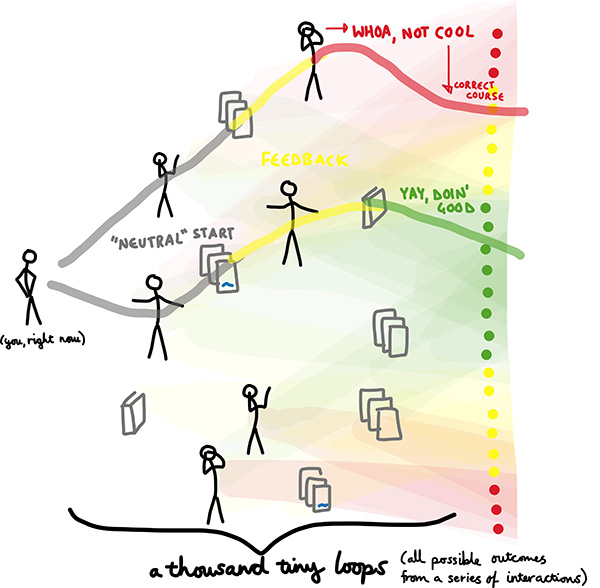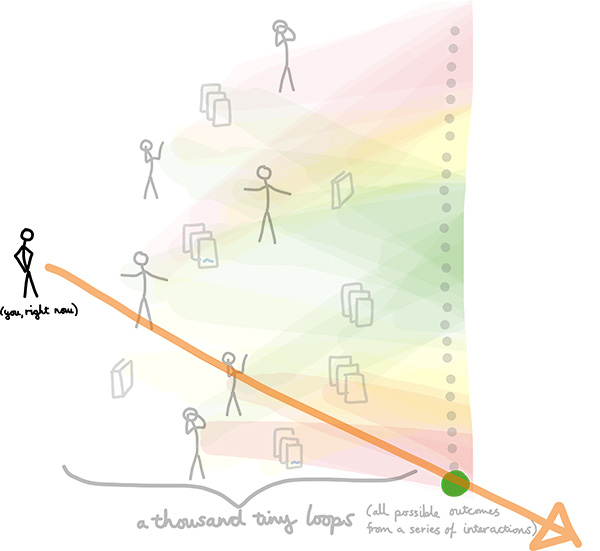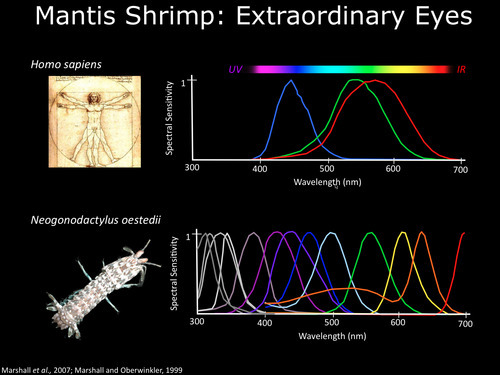It can be easy to forget what one has done in a year. Here’s my 2015 retrospective, and what I would like to do in 2016. My word, when I was wrapping up my time in Seattle and headed to Cambridge, was intent — I was good at doing what I could with what I had, but I wanted to be more intentional about where I wanted to end up. Having now oscillated quite far in that direction, the word I’ll be carrying with me in 2016 is humility. I want to return to listening to what others have to say, to seeking the gems and surprises and connections, rather than focusing on my own intentions. That said, intentionality sure did carry some pretty amazing things with it…
Invested in taking care of myself
Fitness
With two dear friends in Cambridge, working out twice a week (ish) became joyful instead of a chore. I’m now stronger than I’ve been in a long while, and my body is eager to move regularly (and noticeably unhappy when I don’t). I also can even (sometimes) run 5k in under 30 minutes. I’m comfortable in my own body again, years after breaking my arm and losing access to that part of life.
Mental health
In no small part due to an aggressively healthy work place (that in the next section), I have been taking been taking care of myself. I devised ways of being connected to others while still being mobile, and made that into a pattern for others to follow. This has also meant tracking my mood, how much I’m drinking (which way less, of both caffeine and alcohol, and way more of water), how well I’m sleeping, and starting to detect trends and linkages across everything. I started practicing meditation with any degree of regularity, and continue to feel the benefits. I also took a plethora of tiny vacations which, while including coworking, but were not for work. Being places Not For Work was bizarre and magical. All of these things combined to make this my least anxious year in a very, very long time.
Financial
While still by no means wealthy, I have started a retirement account (at 31 years old!) and paid off the small running loan I had with a family member (privilege jazz hands).
Boundaries
I tend to put myself into situations in which I cause myself anxiety. As an exercise in taking care of myself without extra stress while also spending time with friends, I attended Burning Man with False Profit… and didn’t tell anyone. It was great — I ran into old friends, made new friends, helped take care of camp, learned to fly a kite, and took it so easy that I only made it into the City once.
I’ve also started saying “no” more often in general. “No” to projects which aren’t strategic for myself and the project-holder, and to people who are unhealthy for me. I nearly took a job at the end of 2014 which would have been super unhappy even though it was with on amazing projects and with amazing people. Instead, with the help of a few friends, I disappointed those rad folk at that prospect by saying “no,” and instead I… Continue reading





 Another example: when the always fantastic
Another example: when the always fantastic